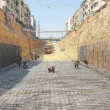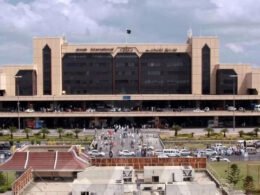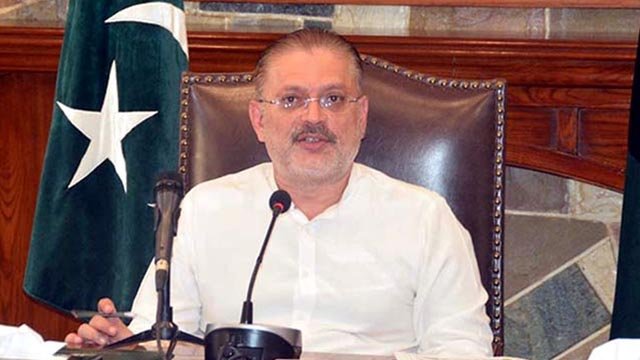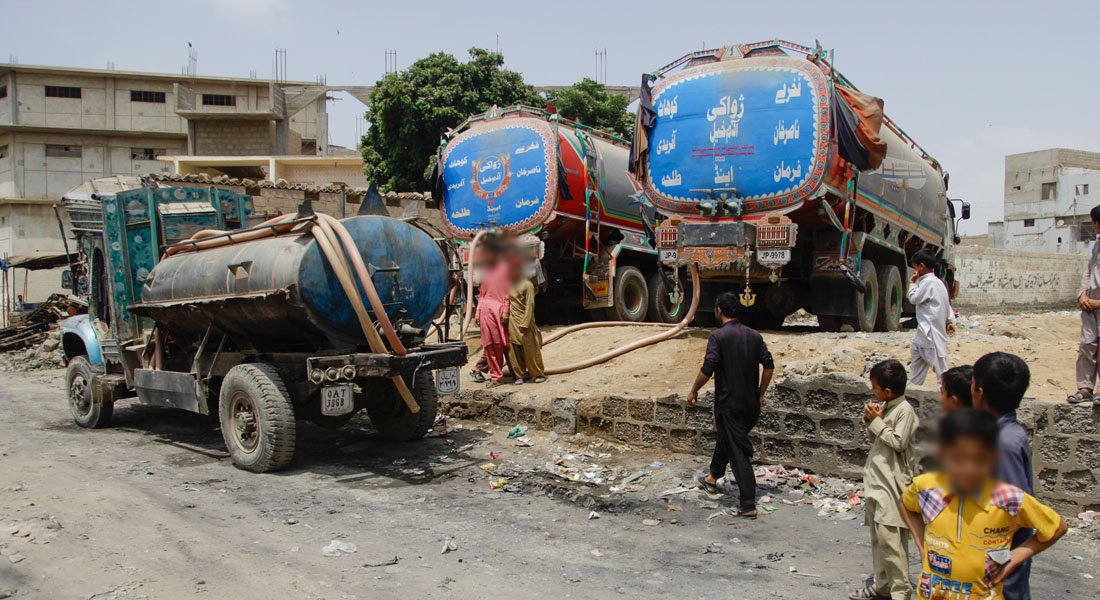Sindh Minister of Information and Transport, Sharjeel Inam Memon, emphasized the significance of Karachi and addressed various issues during a provincial assembly session. He stated that Karachi belongs to Sindh and will remain so, dismissing any attempts to hinder their presence in the city. He also questioned the credibility of those who make threats from afar.
Memon acknowledged the existence of street crime in Karachi but disputed claims of frequent strikes, the discovery of bodies in sacks, vehicle burnings, and extortion activities. He pointed out that the local elections were not boycotted by their party and highlighted that the decision to boycott was made by MQM on their own accord.
Regarding the census, Memon criticized the Chief Minister of Sindh for initially objecting to it. He alleged that their political opponents did not have a proper understanding of the census process and raised objections prematurely. He also mentioned the mayoral election and claimed that the result had already been announced.
Memon challenged his opponents to compare the development projects and facilities available in Karachi with those in other districts of Sindh. He highlighted the initiation of EO buses and upcoming EV taxis in Karachi, emphasizing their commitment to serve the city. He cited major projects such as the red line and yellow line and assured the progress of K4 project with allocated funds.
The minister boasted about the quality healthcare facilities in Karachi, including free treatments through cyber knife technology. He mentioned the provision of subsidies and free liver transplants at Gambit Hospital. Memon expressed his desire to end the politics of hatred and called for a more inclusive and united political environment.
In reference to recent rescue operations, Memon mentioned the evacuation of 76,000 people within three days. He praised the collective efforts of various organizations in providing food and medical facilities at relief camps. Additionally, he raised concerns about the quality of wheat available outside the camps.








